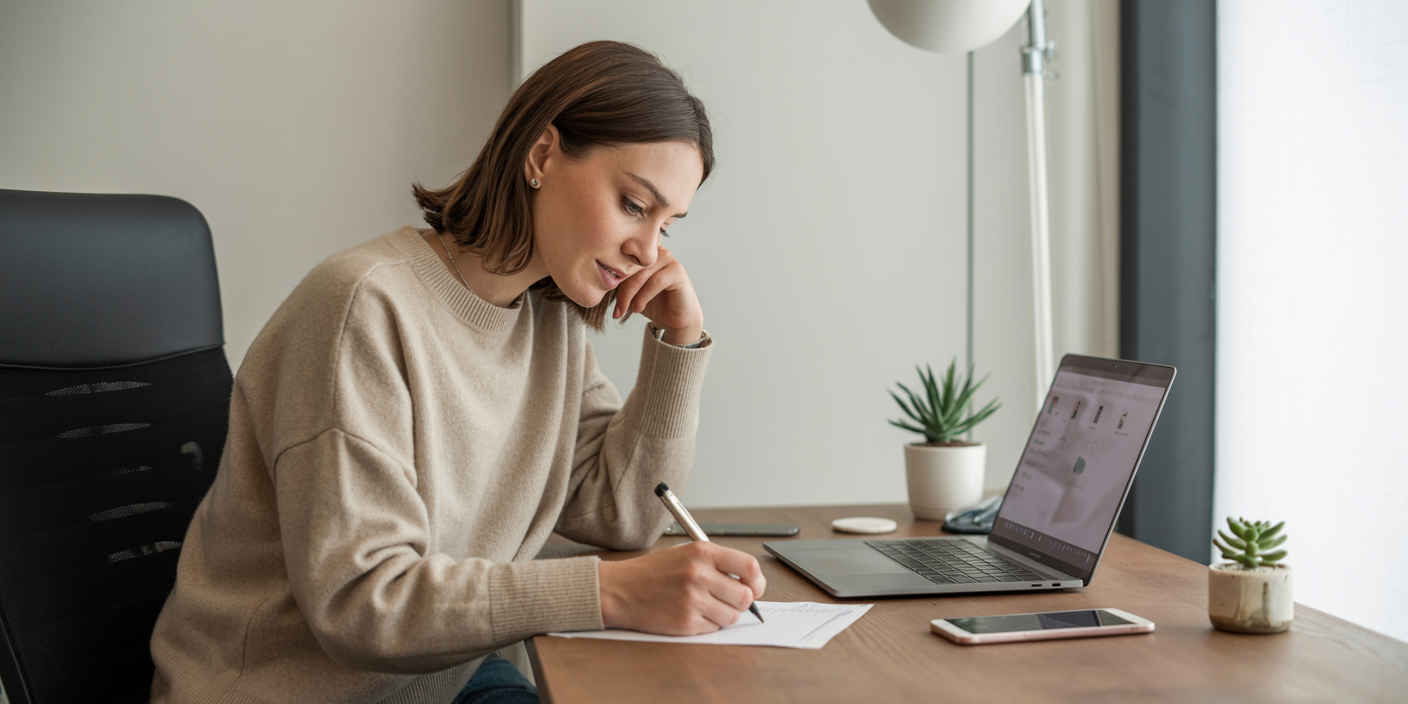Budgeting for Your First Apartment

Creating a comprehensive budget for your first apartment involves much more than just calculating monthly rent. Many first-time renters underestimate the full cost of independent living, leading to financial stress and difficult situations. Understanding all the expenses involved in renting and living independently will help you make informed decisions and avoid financial surprises.
The foundation of apartment budgeting starts with the widely accepted 30% rule – your housing costs should not exceed 30% of your gross monthly income. However, this percentage includes more than just rent. Factor in utilities, renter's insurance, and any building fees when calculating your total housing costs. In expensive markets, you might need to adjust this percentage, but be cautious about stretching beyond 40%.
Before you even start apartment hunting, you'll encounter several upfront costs that can quickly add up. Application fees typically range from $25 to $100 per application, and you might apply to multiple properties before being accepted. Security deposits usually equal one to two months' rent, and some landlords also require the first month's rent upfront, meaning you could need three months' worth of rent before moving in.
Moving expenses are often overlooked in apartment budgets but can be substantial. Professional movers for a local move might cost $300-800, while long-distance moves can cost thousands. If you're doing it yourself, factor in truck rental, gas, packing supplies, and potentially time off work. Don't forget about utility setup fees, which can include deposits for electricity, gas, water, and internet service.
Monthly utilities will become a regular part of your budget, and costs vary significantly based on location, season, and apartment size. Electricity might range from $50-150 monthly, gas $30-80, water/sewer $25-75, and internet $30-80. Some apartments include certain utilities in the rent, which can simplify budgeting but might result in higher rent. Always clarify what's included before signing a lease.
Renter's insurance is essential and typically costs $15-30 monthly for good coverage. This small expense protects your belongings against theft, fire, and other disasters, and many landlords now require it. The peace of mind and protection it provides make it one of the best investments you can make as a renter.
Beyond housing costs, independent living brings additional monthly expenses that might be new to first-time renters. Groceries typically cost $200-400 monthly for one person, depending on dietary preferences and cooking habits. Household supplies like cleaning products, toiletries, and paper goods might add another $50-100 monthly.
Transportation costs need consideration in your apartment budget. If your new apartment requires a car payment, insurance, gas, and parking fees, these can easily add $300-600 monthly. Even if you use public transportation, monthly passes typically cost $50-150. Factor in the location of your apartment relative to work, shopping, and social activities.
Emergency fund planning is crucial when living independently. Aim to save at least three to six months of expenses for unexpected situations like job loss, major repairs, or medical emergencies. Start building this fund immediately, even if you can only save small amounts initially. Having this safety net provides crucial financial security.
Entertainment and social expenses often increase when you have your own place. You might host friends, order takeout more frequently, or spend money decorating your space. Budget for these lifestyle expenses while being realistic about your priorities and spending habits. It's better to budget conservatively and have money left over than to consistently overspend.
Consider seasonal variations in your apartment budget. Heating costs in winter and cooling costs in summer can significantly impact utility bills. Holiday spending, vacation costs, and irregular expenses like car maintenance should be planned for throughout the year. Creating a annual budget alongside your monthly budget helps account for these variations.
Finally, regularly review and adjust your apartment budget as you gain experience with independent living. Track your actual expenses for the first few months and compare them to your original budget. You might discover you're spending more on groceries but less on entertainment than expected. Use this information to create a more accurate and sustainable long-term budget that supports your financial goals while allowing you to enjoy your new independence.
